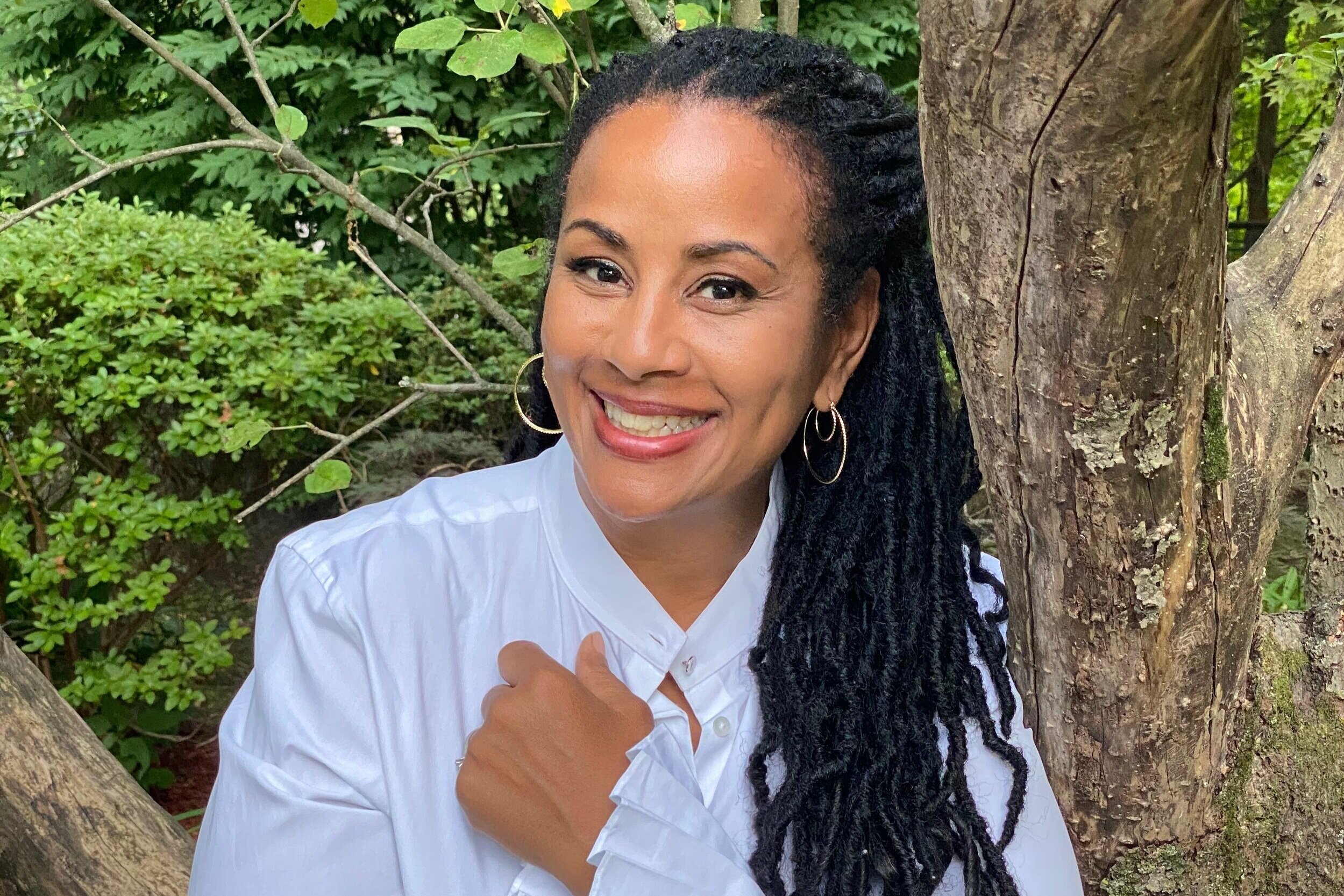Minority Mental Health Awareness Month
Camille Banks-Lee, LCSW-R, CASAC, MS Ed. Ms. Banks-Lee is one of the members of our TGCW clinical staff.
Mental health challenges exist regardless of one’s background. However, racial background and identity can make access to mental health treatment much more difficult.
Rather than being able to express the pain, fear and anger, we are often told to be strong. As a testament to our internalized individual traumas and micro-aggressions, we are told that our great-great grandparents survived slavery and our grandparents survived Jim Crow, so clearly we can manage “anxiety or depression.”
For those who may have been raised in the church, there is added pressure. We are told to look to God for strength rather than acknowledge we feel pain, hurt, and anger. Those messages have done a disservice to generations of Black people.
July has been designated Minority Mental Health Month. In May of 2008, the US House of Representatives announced July as “Bebe Moore Campbell” National Minority Mental Health Awareness Month. Ms. Campbell was a distinguished author who advocated for mental health education and support among individuals of diverse communities.
Black adults have statistically been more likely than white adults to report symptoms of psychological distress in a mental health survey conducted weekly since late April by the Centers for Disease Control and Prevention and the Census Bureau. Yet historically, Blacks are less likely to receive either treatment or medication for their mental health, according to federal statistics.
They are more likely to be uninsured and are often overlooked in research studies of mental health. Since only a small fraction of therapists are Black, many who are struggling emotionally may be reluctant to seek care out of a fear of cultural incompetence. Seeking professional mental health treatment is often seen as the last resort.
One important resource in improving minority mental health outcomes are the initiatives by groups like NAMI. On their website, NAMI highlights perspectives on mental health across backgrounds and communities.
Through the powerful stories of lived experiences, resilience and recovery and the importance of culture and identity in the mental health world we will begin to see some necessary steps towards wellness in all communities.
The Guidance Center of Westchester boasts a culturally competent staff.
Written by Camille Banks-Lee, LCSW-R, CASAC, MS Ed. Ms. Banks-Lee is one of the members of our TGCW clinical staff.

